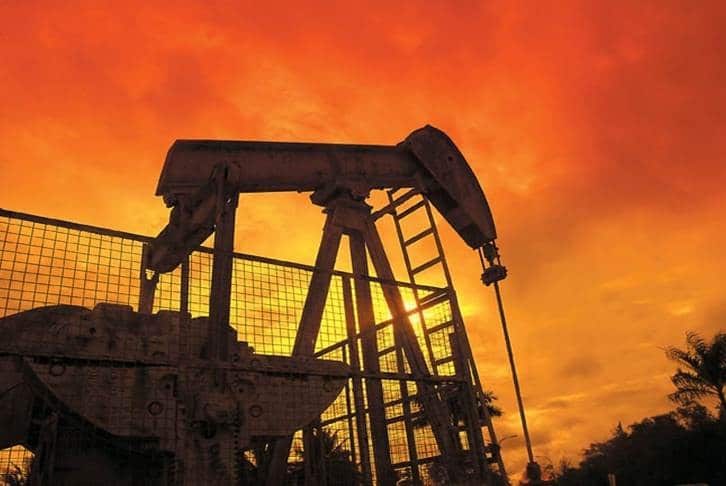Major global insurance companies are urging G20 leaders to commit to a specific timeline for rapidly phasing out fossil fuel subsidies – something they’ve repeatedly failed to do over the years despite numerous promises to end support for the industry.
In a joint statement issued ahead of the G20 conference in China this weekend, insurers with more than USD$1.2 trillion in assets under management warn that support for the production of coal, oil, and gas is at odds with the nations’ commitment to tackle climate change agreed in Paris last December.
The statement, signed by Aviva, Aegon NV, and MS Amlin, calls for governments to set “a clear timeline for the full and equitable phase-out by all G20 members of all fossil fuel subsidies by 2020.”
It adds that the phase-out should begin by eliminating all subsidies for fossil fuel exploration and coal production.
“Climate change in particular represents the mother of all risks – to business and to society as a whole,” said Mark Wilson, chief executive of Aviva.
“And that risk is magnified by the way in which fossil fuel subsidies distort the energy market. These subsidies are simply unsustainable.”
‘Empty Promises’
G20 nations have been pledging to phase out fossil fuel subsidies every year since 2009. Yet, research by the Overseas Development Institute (ODI) and Oil Change International shows governments spending $444 billion in 2013 and 2014 supporting the fossil fuel industry.
Shelagh Whitley, lead research fellow working on subsidies at ODI, said: “These subsidies fuel dangerous climate change. If we are to have any chance of meeting the 2C target set at the Paris climate summit then governments need to start a programme of rapid decarbonisation.
“It is extremely worrying therefore that the G20 energy ministers earlier this year acted as if Paris hadn’t happened by repeating the same empty promises they have been making since 2009.”
In May, G7 nations agreed to phase-out fossil fuel subsidies by 2025. However, when G20 leaders gathered the following month, they were met with criticism for failing to follow the G7 in setting a date to end the subsidies.
Renewables Investment
And insurance companies aren’t the only ones putting pressure on the upcoming G20 meeting to set a clear phase-out timeline.
Last week the Institute and Faculty of Actuaries (IFoA) joined the ODI in calling for leaders to end support for fossil fuels by 2020.
Chair of the IFoA’s Resource and Environment Board, Nico Aspinall, said: “Without these subsidies, there would be a more level playing field for the investment in renewable energy sources we desperately need to avoid the worst consequences of climate change in the future.”
Also last week, a group of 130 major institutions controlling $13tn in investments called on the G20 nations to ratify the Paris agreement this year along with committing to increasing investment in clean energy and disclose climate-related financial risks.
As ODI’s Whitley put it: “The finance sector recognises the importance of moving away from fossil fuels, governments need to realise they may be the only ones left not moving.”
Photo: Brunei Tourism Board via Flickr
Subscribe to our newsletter
Stay up to date with DeSmog news and alerts







